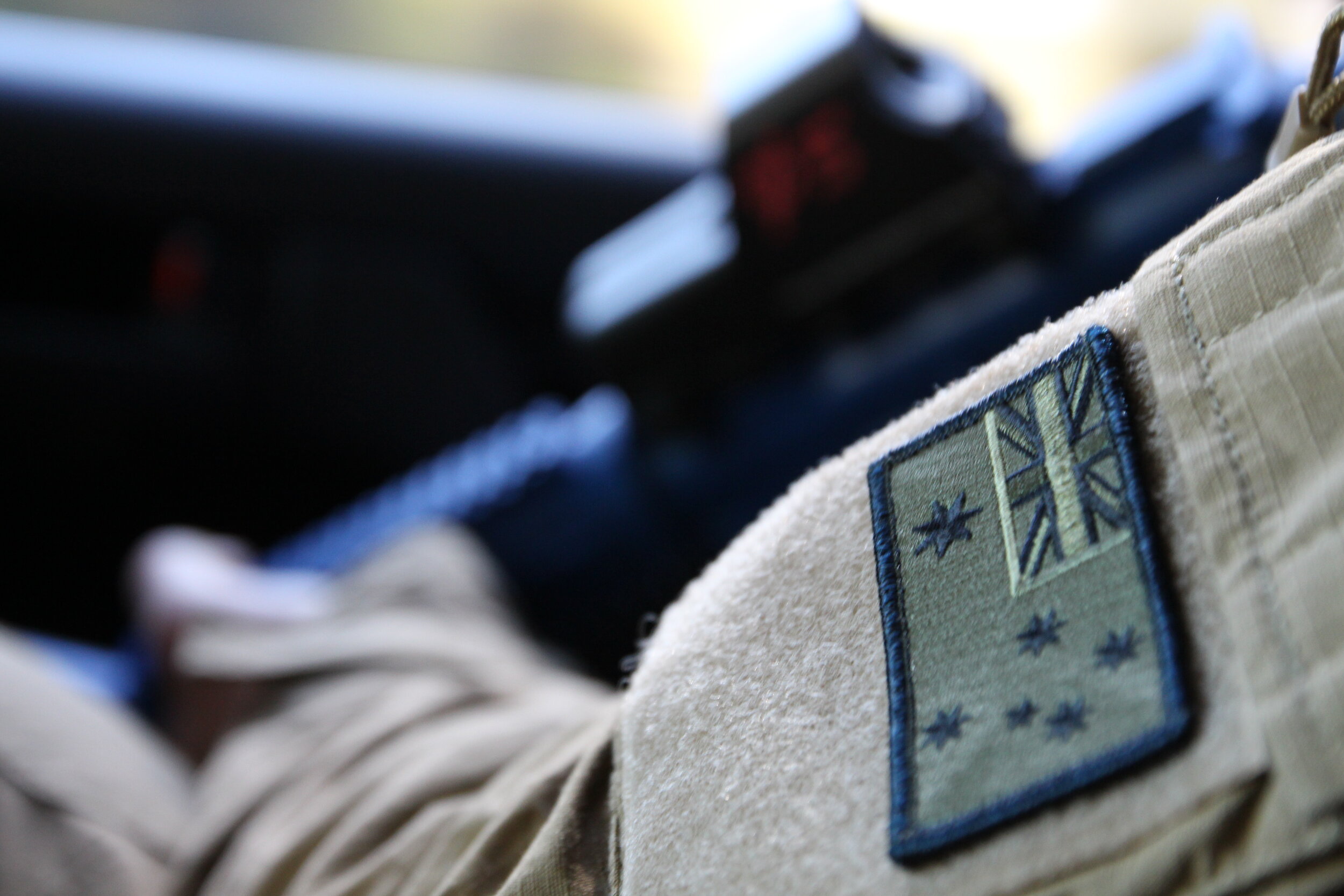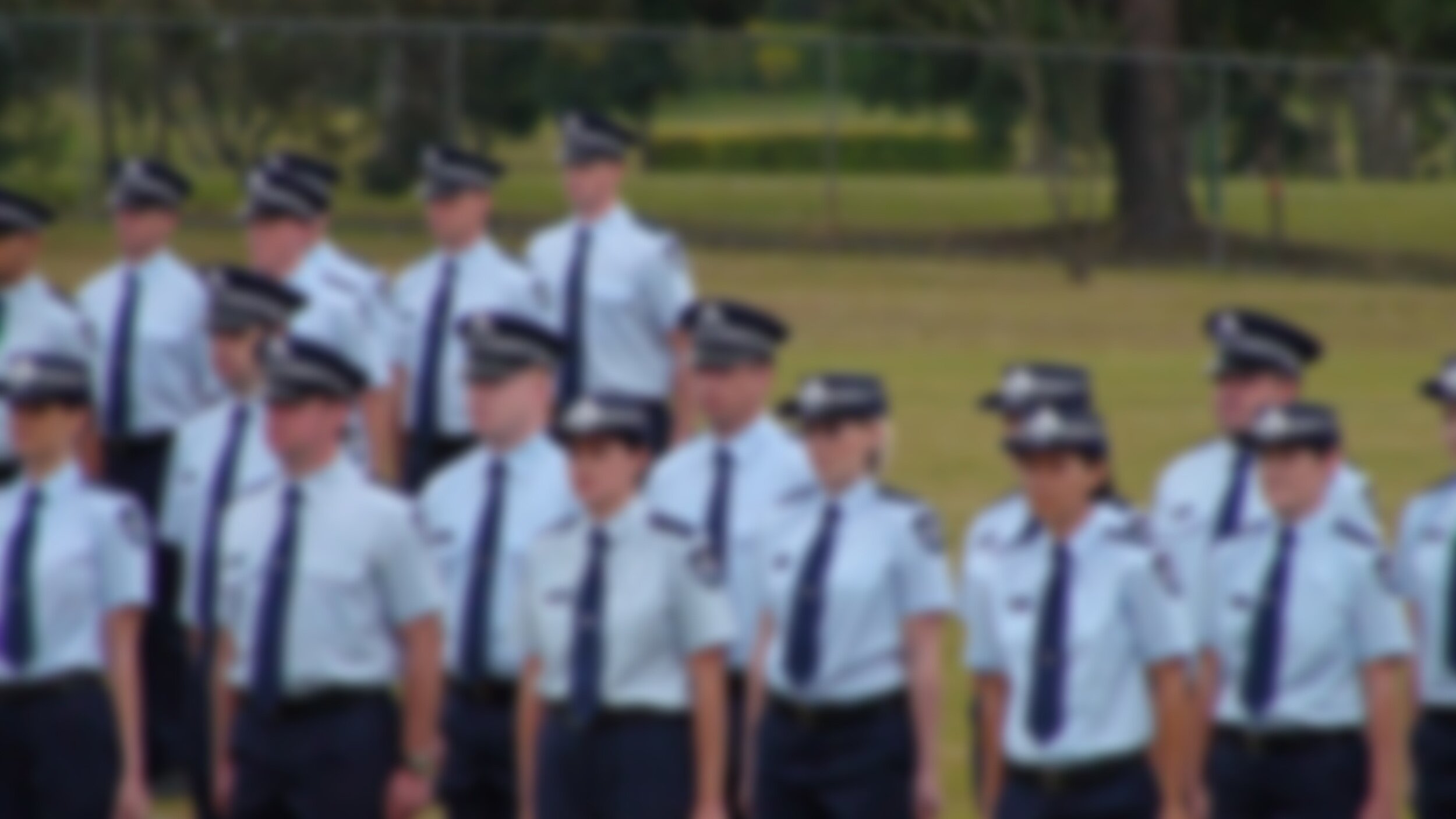
Helping military, police and emergency services personnel to MOVE FORWARD post service!
In Australia, approximately 16 000 men and women are employed in an operational role in the military, police and emergency services.
These services are the Australian Defence Force (including Army, Navy and Air Force), the Federal and State police forces and services, the State ambulance services, and the State fire and rescue services.
The roles include soldiers, seaman, aircraftmen/women, police officers, firefighters and paramedics.
“Almost 10 000 of these men and women leave these services each year for a range of reasons, driven by either the organisation or the individual”

“The greatest challenge faced by former service members post-service is being unaware of how the identity connection influences their lives outside service.
The former members feel like they are strangers in the civilian world when they leave their service organisation and do not fully understand why they no longer fit into the world outside the police, military or emergency services”
— Dr Kate Martin
Individual experience within the service environment
Finding an Identity Post-Service.
The most significant factor that an individual post-service is the individual’s struggle with identity. Having come from a service employment environment, the ability to re-identify in the civilian world impacts all areas of life. Research tells us that the challenge of identity is a shared experience amongst police, military, and emergency services personnel and the resulting issues are rarely unique to any particular individual from these service groups.
Dr Kate Martin’s work paves the way for NEW APPROACHES to the management of post-service practices for these former members.
This practice involves a FOUR STEP process:
Collaboration with CLET
Dr Kate Martin Is the Director of CLET Training (RTO #31254) and heads up the CLET RPL Team. Whilst her doctoral study is the cumulation of nine years of research, seeking answers to help servicemen and women successfully transition from the military, police or emergency services with a greater understanding of how their identity connection to their former employment influences job satisfaction post-service; her work with CLET is where she has had the opportunity to have a positive impact on the lives of current and former service personnel.
The CLET RPL Team has interviewed or formally assessed the knowledge and skills of more than 30 000 of these personnel as part of the constant dedication to helping them adapt in the post-service environment. Working on Step 2 - Recognition, the CLET RPL Team supports the recognition of the transferable skills of former and current police, military and emergency services personnel with a view to providing nationally recognised qualifications that supports good employment options in the civilian workforce.
This space is the collaboration between Kate’s research and CLET Training. It is where theory meets practice and provides a platform for an in depth examination of the experience gained by Kate and her CLET team over the past 16 years of working in the vocational sector to support these service members.




